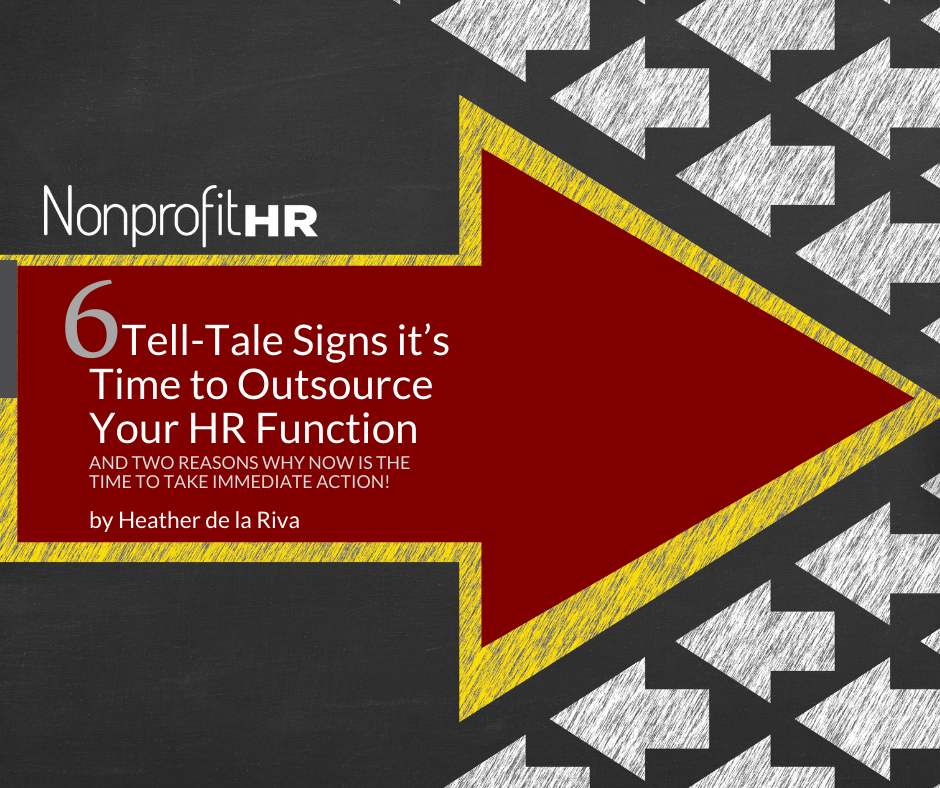WTOP: 5 ways nonprofits can…
When we talk about leadership, we acknowledge the importance of not only focusing on today’s leaders, but also on the leaders of the future. Not to be too trite, but the future is actually now. And according to the 2015 Millennial Majority Workforce Study conducted by Red Brick Research, “28% of millennials are management level already and 2/3 see themselves in management in ten years.” Millennials—that generation of individuals born between 1980 and 1999, the oldest of whom are turning 36 this year—have and will continue to be eager to step up to the plate. In fact, in a study conducted by Virtuality and WorkforceTrends.com, 91 percent of millennials aspire to be leaders.
So what does this mean for the nonprofit sector? Are nonprofits openly embracing these new and emerging leaders?
If we in the social sector truly want to embrace millennials as leaders — not ten years from now but today — we need to acknowledge the fact that they are in fact leaders right now, create an internal culture that allows them to thrive, and then purposefully invest in putting appropriate leadership development practices in place that let them lead us into the future. That starts with a recognition that the world around us is changing, that the sector of yesteryear is quickly disappearing, and that if our organizations are going to be sustainable into the future, millennials and their professional development needs must become a priority. Equally important, as a sector and as individual leaders, boards of directors, donors, funders and other stakeholders, we must understand who millennials are, what they believe about the nonprofit sector, what they want in a workplace and what they need to be successful.
So what do Millennials want?
Full of energy and ambition, millennials want to contribute and feel valued. They are largely goal-oriented multitaskers inspired and motivated by purpose-driven organizations that align with their values.
More than 60 percent of aspiring millennial leaders want to employ a “transformational” leadership style, challenging and inspiring others with a sense of purpose. As Dan Schawbel, founder of WorkplaceTrends.com says, “Millennials are known to want to align themselves with social causes and work for companies that are giving back to society. They want to do meaningful work that enables them to make an impact at their company and in the world.” That’s good news for the nonprofit sector. With that desire for meaningful work, millennials can find fulfillment within the social sector and be innately motivated to make a difference—if we give them the space and tools to do so.
And so, if we want to attract this segment of today’s workforce to our respective nonprofits, we have to pay attention and make the types of changes within our organization that will not only attract young leaders but develop and retain them well into the future. That’s where things get a little tricky. As a sector, we still lag behind both corporate and government in our use and engagement of social media to attract talent. We often invest minimally in recruitment advertising/marketing. We often don’t perceive the need to develop employment branding strategies and the vast majority of nonprofits have no formal retention programs in place to keep the talent they do attract. That, my friends, is a sure-fire recipe for disaster.
What millennials believe about the future of nonprofits
We know who millennials are and what they want but what do we know about their perceptions and beliefs about the nonprofit sector?
This generation of leaders believes technology, innovation and creativity are key to the future success of nonprofits. In the face of current nonprofit leaders’ resistance to change and fear of failure, millennials want the freedom to experiment, embrace technology and tap into their “hidden” talents, according to research from the Alliance for Children and Families and the University of Notre Dame.
They also voice concern over how nonprofits communicate their missions and demonstrate that they are essential to the communities they serve. Millennials see the value in networking, sharing ideas and acting in partnership with the larger community—so they believe nonprofits that emphasize this type of collaboration will be successful in the future. As nonprofit leaders, we should examine our organizations in relation to these workplace factors and engage the Millennial leaders already in our midst in developing solutions to close gaps where they exist.
I’m excited about our upcoming Talent & Culture Summit, where we’re going to dig into this very issue and hear more directly from Millennial leaders about the lens through which they view the sector.
What millennials want in a nonprofit
In order to attract, retain and develop this generation of young leaders, nonprofits must be aware of what millennials want in a workplace culture and what they need to be successful as leaders.
The Deloitte Millennial Survey 2016 found that when salary or other financial benefits are removed from the equation, work-life balance and opportunities to take on leadership roles are the top factors for millennials as they choose where to work—followed by flexible working arrangements, deriving a sense of meaning, and professional development programs.
Of all of these factors, nonprofits are especially competitive when it comes to contributing meaning to their employees’ lives. Millennials are passionate about a wide range of social issues ranging from economic and racial justice, to education, to the environment, and nonprofit jobs give them the chance to champion a cause they care about through their career. Emphasizing this benefit is crucial when recruiting millennial employees.
Work-life integration (also known as work-life balance), specifically, is often a point of generational clashing. For older generations, millennials’ desire for flexible hours can call into question their dedication. But 28 percent of millennials said that work-life balance was their biggest reservation about being a leader. They place importance on building a well-rounded life with time for personal development, volunteer work and interpersonal connections. And they want to be a part of an organization that allows them to have this balance. Hence, the picture of the overworked, overstressed executive director has little to no appeal. Too often, individuals both young and old see that picture when imagining nonprofit leadership roles.
As for their ideal workplace environment, millennials crave collaboration and engagement. They value communication in the form of transparency and accessibility. And they aren’t afraid of innovation, so they look for organizations that embrace openness, dialogue and involvement of staff at varying levels of decision-making. Organizations that limit involvement in decision-making, direction-setting and results measurement to the C-suite will generally struggle to attract the leaders of today.
By fostering an environment of collaboration and innovation, we’ll encourage millennials to contribute and grow. Nonprofits need to assess their workplace culture to see if it meets the wants and needs of this generation. If we want millennial leadership to be strong, and more importantly, if we want to be able to compete for these leaders now and in the future, we need to nurture them now.
If we want to set up nonprofit organizations for success, we need to tap into the talents of today’s young leaders and give them opportunities to develop their leadership skills. We must cultivate a culture of engagement in which they can thrive.
Millennials have a lot to say on the topic of leadership development. Unfortunately, they aren’t happy with its current level of emphasis in most workplaces: In The Millennial Leadership Survey, 55 percent of millennials said they aren’t satisfied with the leadership development opportunities offered by their company. At the same time, 53 percent are eager to learn from mentors. This discrepancy shows that we need to do better. Through new mentorship programs and opportunities for millennials to exercise their skills on both the program and operations sides of our organizations, we will build a new generation of great leaders who will be positioned to take us into the future.
Ultimately, millennials are drawn to organizations that understand the importance of leadership development and the value of their contributions. Organizations that put the intentional time and effort into developing these young leaders will be better positioned to achieve their missions and impact the communities that they serve, today and in the future.
To learn more about leadership development, check out our e-Book on the habits of highly effective nonprofit leaders. We connected with high-performing nonprofit leaders from organizations like the National 4-H Council and the YWCA and asked them what makes them tick.





























